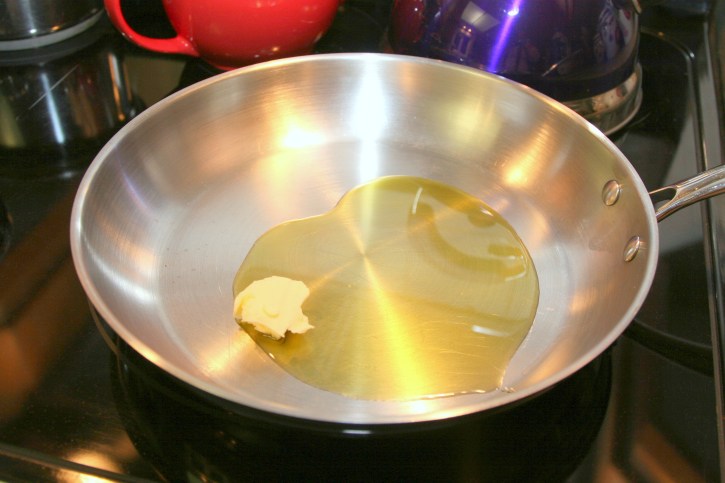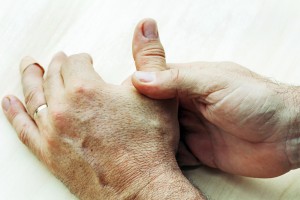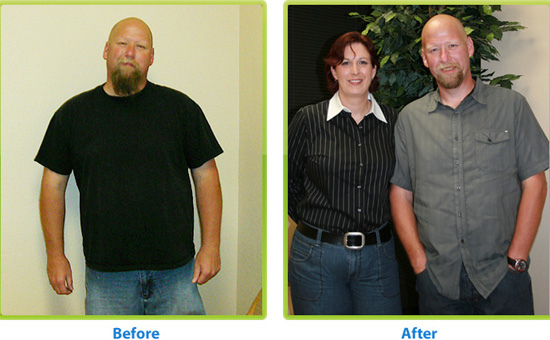Sleep deprivation makes you buy more food
Foods for weight loss
 Avocado
Avocado
 Nuts for weight loss?
Nuts for weight loss?
 Oatmeal
Oatmeal
 Beans
Beans
New research shows that sleep deprivation can lead you into temptation when it comes to buying more food than you need at the grocery store.
According to the study, published last week in the journal Obesity, researchers analyzed the impact of sleep deprivation on a person’s shopping habits, based on the hypothesis that a lack of sleep can increase hunger while decreasing one’s higher-level thinking ability.
"We chose total sleep deprivation (TSD) to investigate the influence of sleep loss on food purchasing behavior in humans," the study authors said. "Our findings are broadly significant for people working in a variety of professions, including shift workers, cab drivers, nurses, doctors, and other jobs requiring work at night."
The researchers recruited 14 normal-weight men for their study, all of whom were confirmed to have normal sleep-wake patterns by the time they were enrolled for the study.
Each of the male participants were asked to have one full night of normal sleep and one night of total sleep deprivation (TSD).
On the morning after both nights, the men were given a fixed budget of $50 to buy food from a supermarket while being instructed to purchase as much as possible from a list of 40 food items, consisting of 20 high-calorie foods and 20 low-calorie foods.
Prior to going to the supermarket, all of the male participants were given a standardized breakfast to limit the effect of hunger while they were food shopping.
The results of the study found that when sleep deprived, the men purchased 9 percent more calories and 18% more food, compared with their food purchases after a good night's sleep.
The men also had their blood levels drawn, both after one good night's sleep and one night of sleep deprivation. The results showed that after sleep deprivation, concentrations of ghrelin (a hormone that increases hunger) were significantly higher. However, the researchers pointed out that this did not correlate with food purchasing behavior.
"We hypothesized that sleep deprivation's impact on hunger and decision making would make for the 'perfect storm' with regard to shopping and food purchasing, leaving individuals hungrier and less capable of employing self-control and higher-level decision-making processes to avoid making impulsive, calorie-driven purchases," explained Colin Chapman, first author of the study from Uppsala University in Sweden.
"Our finding provides a strong rationale for suggesting that patients with concerns regarding caloric intake and weight gain maintain a healthy, normal sleep schedule, Chapman added.
The researchers admit that follow-up studies are needed to address whether these findings regarding sleep deprivation and food buying habits are more prominent within obese populations and in those with chronic sleep disorders.
"Additionally," say the study authors, "studies should investigate whether or not this impact on purchasing behavior extends to other items beyond food, including high-price items, where purchasers could fall victim to disrupted decision making."
SOURCE: Journal Obesity, Acute sleep deprivation increases food purchasing in men, published September 5, 2013. DOI: 10.1002/oby.20579
Updated January 30, 2014
-
How do I control stress-induced weight gain?
When youre under stress, you may find it harder to eat healthy. Also,
-
Top Ideas To Help You Lose Weight!
Do you think you are a little overweight? Does this impact how y
-
Weight Loss Tactics That Really Do Work
Many folks have a hard time losing weight. It is easy to get con
-
Guidelines To Find Weight Loss Success Stories
When searching for weight loss tips, one of the best sources is collec
-
Getting your Body Healthy through Diet and Exercise
There is absolutely no argument that getting healthy and in shape can
-
Amyotrophic lateral sclerosis (ALS) risk affected by BMI, dietary intake and alcohol consumption
Amyotrophic lateral sclerosis (ALS) risk is affected by body
- DON'T MISS
- If Youre Eating High Protein Be Informed About Mad Cow
- 10 Weightloss Tips That Guarantee Success
- Weight Loss Success Story: I Finally Put Myself First
- B12 Shots Can Certainly Maximize Your Nutritional Values
- Why Should People Consume Three Cups Of Chinese Weight Loss Tea Daily?
- The Lowest Elliptical Trainer Ratings
- Dieting Stifles Creativity Hypnosis To End Self Expression Through Eating
- The Last Time I Was Really Skinny
- Emotional Eating Recovery Guide - Three Things to do Instead of Eating M&Ms
- Weight Loss and Self-Belief




